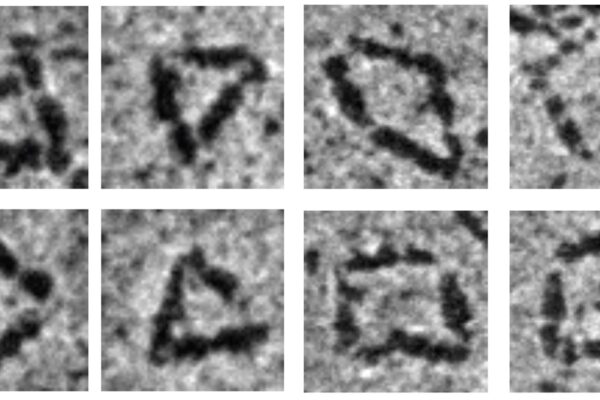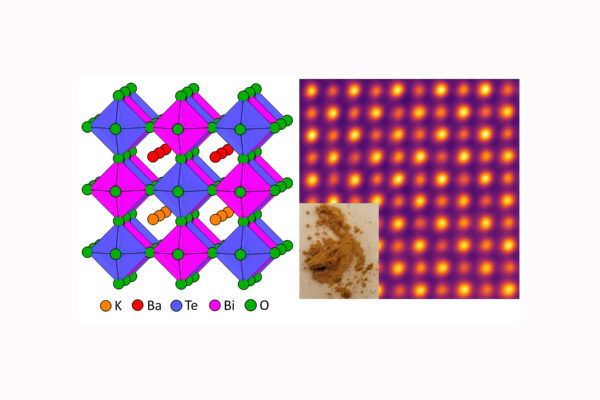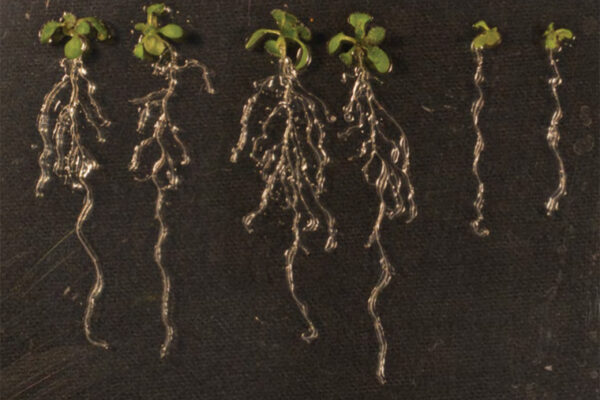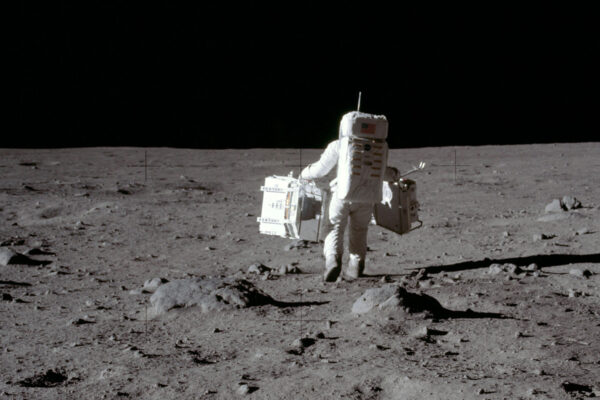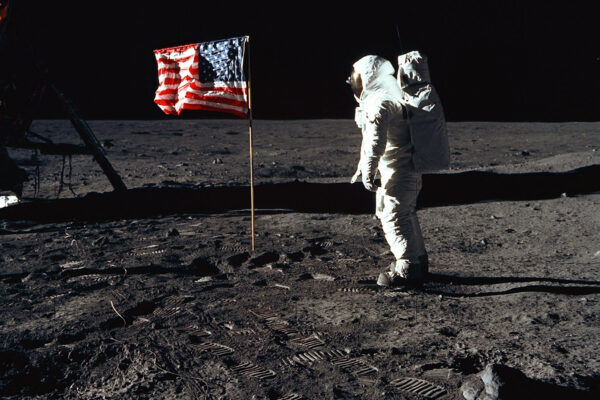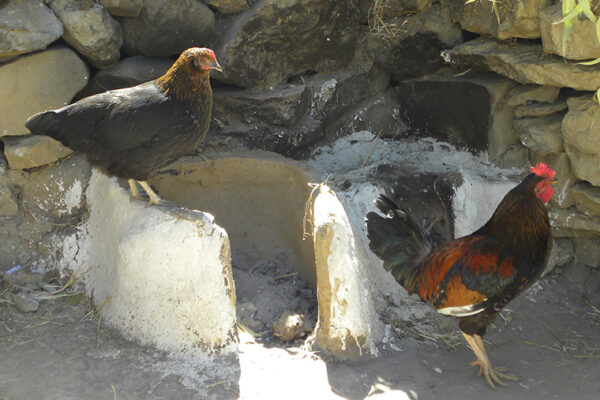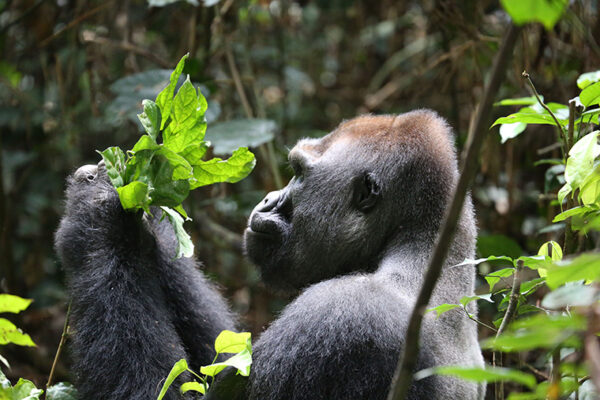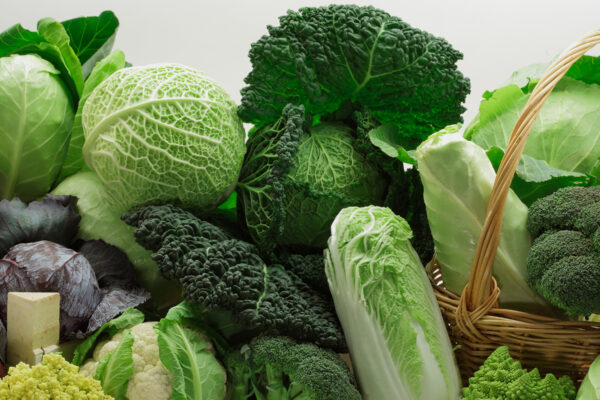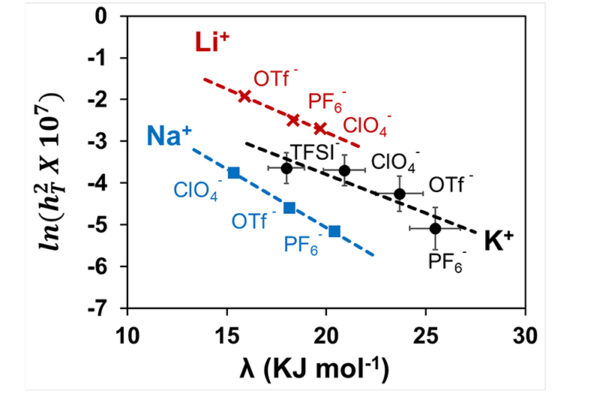Synthetic biology enables protein origami
Fuzhong Zhang, associate professor of energy, environmental & chemical engineering in the McKelvey School of Engineering, and members of his lab have developed a bottom-up approach to build 2D nanostructures, essentially starting from scratch.
A good first step toward nontoxic solar cells
A team of engineers at Washington University in St. Louis has found what they believe is a more stable, less toxic semiconductor for solar applications, using a novel double mineral discovered through data analytics and quantum-mechanical calculations.
Putting the brakes on lateral root development
Biologist Lucia Strader in Arts & Sciences discovered a cellular transporter that links two of the most powerful hormones in plant development — auxin and cytokinin — and shows how they regulate root initiation and progression. Understanding why and how plants make different types of root architectures can help develop plants that better cope with distinct soil conditions and environments.
Lots of lead in the water? Maybe manganese is to blame
In the right environment, a harmless mineral can do a lot to change the composition of the drinking water that flows through lead pipes. New research from the McKelvey School of Engineering discovers how.
Old rocks, new science: What the moon is still teaching us
In September 1969, Washington University in St. Louis scientists were among the first to receive samples collected from the historic Apollo 11 moon mission. At this year’s Lunar and Planetary Science Convention, a student, a faculty member and an alum remind us of the value of these samples and share cutting edge research on decades-old rocks.
On Apollo legacy, and why we should return to the moon
Humans have already learned much from the very first moon samples collected by the Apollo program astronauts. As NASA plans for its next manned mission by 2024, a leading lunar expert shares his science priorities for the return: “We need to learn how to live and work off Earth and beyond the low Earth orbit.”
Long live the long-limbed African chicken
A new study reveals much about the history of African poultry development, according to Helina S. Woldekiros, assistant professor of anthropology in Arts & Sciences. But a 3,000-year-old local breed type is threatened by the introduction of commercial cluckers.
Northern Congo declining under logging pressure
Logging road construction in Western Equatorial Africa has accelerated over the last two decades and has led to a dramatic decline of intact forest lands in the region, according to new research published by Crickette Sanz, associate professor of biological anthropology in Arts & Sciences. Increased human immigration and degradation of natural resources follows in the wake of such road expansion.
Mustering a milder mustard
Biologists in Arts & Sciences have mapped the crystal structure of a key protein that makes the metabolites responsible for the bitter taste in cruciferous plants like mustard and broccoli. The results could be used along with ongoing breeding strategies to manipulate crop plants for nutritional and taste benefits.
No more trial-and-error when choosing an electrolyte for metal-air batteries
Researchers at Washington University in St. Louis have developed a one-parameter measure that makes selecting the correct electrolyte for potassium-air batteries an exercise in rationality, rather than patience.
Older Stories
